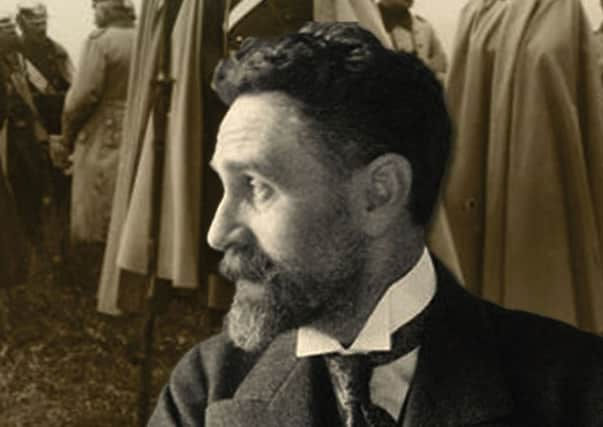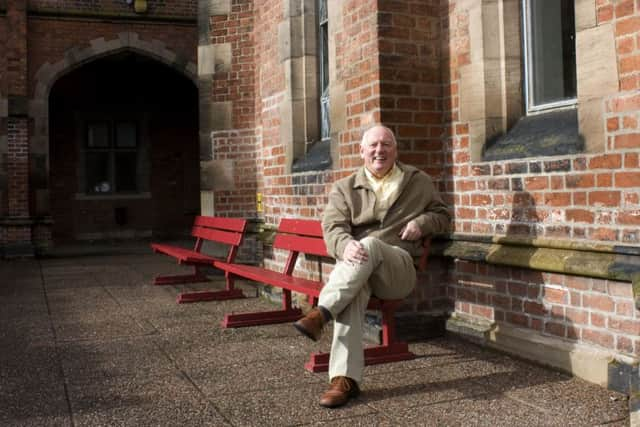The story of Roger Casement's years in Berlin during WWI


He had landed off a German submarine in Kerry in April accompanying a ship loaded with rifles for the impending Easter Rising. Whisked to London to face an Old Bailey trial he was the last of the Irish revolutionaries to be executed.
The establishment was determined he should pay the ultimate price, as he had been one of their own, being knighted in 1912 for his diplomatic and humanitarian work in the Congo and Peru.
Advertisement
Hide AdAdvertisement
Hide AdHis newly-discovered diaries which detailed an energetic gay sex life around the world, were used to diminish him. However his execution was almost inevitable once the White House failed to seek a reprieve. Casement had been involved in the German sabotage campaign in America which meant President Woodrow Wilson had no sympathy for him.


Casement had spent almost two years in Germany trying to arrange support from the Kaiser’s government for Irish independence as well as raising an Irish Brigade from POWs and getting guns into Ireland. I have transcribed his extensive diary of those years publishing it this month as Roger Casement’s German Diary 1914-1916. It forms a companion volume to the 2nd edition of my Roger Casement: The Black Diaries – with a Study of his Background, Sexuality, and Irish Political Life.
His was not a private diary, as he left instructions for its future publication. Much of what he wrote was designed to provide a record justifying his time in Germany. He was of an age to have his eye on history while knowing the accusations of treason he had, and would, face.
A secondary prompt was to indicate just how disgraceful and blockheaded he felt the behaviour of the Germans had become. The final section describes his frantic attempts both to get sufficient arms shipped to the separatist Irish Volunteers and to travel by submarine to Kerry with a view to getting the Easter Rising called off!
Advertisement
Hide AdAdvertisement
Hide AdThe diary and many linked letters give a vivid impression of a man under stress in an alien environment who still manages to observe, describe and appreciate what he sees around him. He writes as an outsider of a nation at war with England and France. His growing frustrations however brought him to the point where his own mental health destabilised and he went into a sanatorium.


There is a cast of the usual characters that Casement mixed with, political, often aristocratic, and latterly military. There were to be none of the street people that his earlier diaries detailed. His Norwegian companion and betrayer, Adler Christensen, however looms large, tricking and twisting his way round Germany and America, while draining much of Casement’s time and common sense.
Casement hardly mentioned or thought about Ulster in his two years in Germany. He had no ability to judge the Craig and Carson. Being so out of sympathy with them, he could only sneer or make the self‑deceptive error that Unionists were misguided Irishmen and, given their suspicion of England, people who would easily turn into Irish patriots – even into Irish Irelanders like him.
He veered between thinking the Unionists ‘home rulers in principle and essence’ or bluffers. Ulster’s Britishness however was not skin deep. A century of partition has proved that point so Casement’s legacy was to be an independent disunited Ireland.
• Jeffrey Dudgeon is the Ulster Unionist councillor for Balmoral. Roger Casement’s German Diary 1914-1916 is available on Amazon in paperback and Kindle form